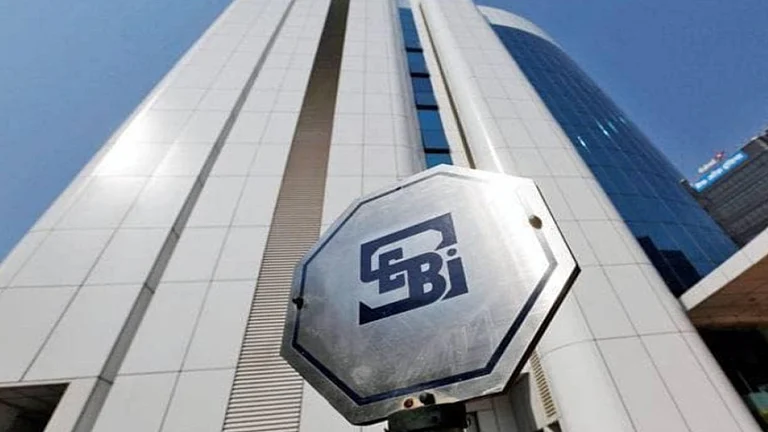Indian stock markets closed in the red on February 14, 2025, with the benchmark Nifty closing at 22,929.25 levels, down by 0.44 per cent, and Sensex closing at 75,939.21 levels, down by 0.26 per cent.
Trump’s Tariff Announcement Dragged Nifty Pharma In Red, Know Which Stocks Were Worst Hit
The Nifty Pharma Index, which is designed to reflect the behavior and performance of the pharmaceutical sector in India, closed lower by 2.87 per cent. Additionally, as many as 19 out of the 20 constituents of the index closed in the red
While all major sectoral indices closed in the red, the Nifty Pharma Index dropped the most. The shares of all major domestic pharmaceutical companies fell by up to 9.65 per cent following the announcement.
The Nifty Pharma Index, which is designed to reflect the behavior and performance of the pharmaceutical sector in India, closed lower by 2.87 per cent. Additionally, as many as 19 out of the 20 constituents of the index closed in the red.
The stocks declined following US President Donald Trump’s announcement to impose reciprocal trade tariffs on India. The US President also said that he would impose tariffs on pharmaceuticals, foreign cars and semiconductors over and above the reciprocal tariffs.
“India has been just about the highest tariff nation in the world...hard to sell to India because of very strong tariffs...whatever India charges, we charge them,” Trump said.
Following the announcement, shares of companies which have more exposure to the US pharmaceutical market witnessed significant declines. Shares of Dr Reddy's Laboratories, Sun Pharmaceutical, Lupin, Cipla, Zydus Lifesciences and Aurobindo Pharmaceutical closed lower by 1.03-5 per cent.
If the proposed tariffs and import taxes are imposed by the Trump administration, domestic pharmaceutical companies are likely to be impacted by the higher costs of exporting drugs to the US. The higher costs of trading with the US could potentially reduce profit margins for companies which cater to the US generics market.
The imposition of tariffs and import taxes could result in domestic pharma companies losing their ‘cost-advantage’. In turn, this can make goods manufactured by Indian pharmaceutical companies less attractive compared to US-based manufacturers. This can also lower the market share of Indian pharmaceutical companies.
Natco Pharma emerged as the top loser among Nifty Pharma constituents on February 14, as its shares closed lower by 9.65 per cent at Rs 880.95 apiece. Shares of Laurus Labs also fell significantly, declining by 9.29 per cent to close at Rs 545.15 apiece.
Shares of Glenmark Pharmaceuticals, Granules India, and Mankind Pharma also closed lower by 6.57 per cent, 5.31 per cent, and 4.99 per cent, respectively.
India's pharmaceutical exports to the US were valued at $7.6 billion in 2023. On the other hand, US pharma imports to India stood at approximately $600 million. At present, a 10 per cent tariff is imposed by India on pharma imports, while the US does not charge any tariffs on Indian pharmaceutical imports.

